thailand-muslimss-300x176.jpg" alt="thailand-muslimss" width="366" height="215" /> Four powerful remote-controlled bombs exploded within minutes of each other in Thailand’s Muslim majority south early Thursday, injuring one villager and causing material damage. (Photo: World Bulletin)
Pattani, 13 Jumadil Akhir 1436/2 April 2015 (MINA) – Four powerful remote-controlled bombs exploded within minutes of each other in Thailand’s Muslim majority south early Thursday, injuring one villager and causing material damage.
Lieutenant Sompop Mameuang Soiwen of Pattani’s police station told the Anadolu Agency that the four bombs – three of which were hidden in camping gas tanks – went off in and around Pattani, the main city in the area bordering Malaysia.
Three of them exploded in front of shops, damaging their facades and cars parked nearby, World Bulletin quoted by Mi’raj Islamic News Agency (MINA) as reporting.
The fourth one caused the collapse of several utility poles, one of which hit a passing pickup truck, injuring the driver. The blast resulted in a blackout in the city, where power was restored after 30 minutes.
Also Read: Pakistan Condemns Israeli Settler Attacks in West Bank, Al-Aqsa Storming
Police suspect that members of a shadowy separatist movement fighting against the Thai state could be behind the explosions, according to the officer, who said the bombs each contained 10 kilograms (22 pounds) of explosives.
The three southernmost Thai provinces of Pattani, Yala and Narathiwat — where 80 percent of the population is of muslim-origin/">Malay Muslim origin — have been facing a rejuvenated separatist insurgency since 2004.
The area was an independent Islamic sultanate with great religious influence in the Southeast Asian Muslim world until its incorporation into Siam after a 1909 Anglo-Siamese agreement. Great Britain was then the colonial power in Malaysia and exerting a degree of control over the region.
The government tried to impose Thai culture on the Malay Muslims, who sought political and cultural autonomy.
Also Read: China Criticizes US-Drafted UN Gaza Resolution as Vague, Abstains from Vote
In the 1960s, when the Thai military regime tried to wrest control of Islamic schools, several Muslim groups launched a guerrilla war against the state.
The insurgency petered out towards the end of the 1980s but was renewed in January 2004 when a wave of attacks against the military, police and Buddhist monks rocked the region.
Since then, violence has continued unabated, leaving more than 6,000 dead and around 11,000 injured.
Following last May’s coup, the junta announced its willingness to pursue a dialogue with the rebels that had been initiated by the previous elected government. However, there has been no solid progress and some insurgent groups seem reluctant due to the exclusion of the issue of political autonomy from the discussion topics. (T/P011/P3)
Also Read: Former Bangladesh PM Sheikh Hasina Sentenced to Death
Mi’raj Islamic News Agency (MINA)





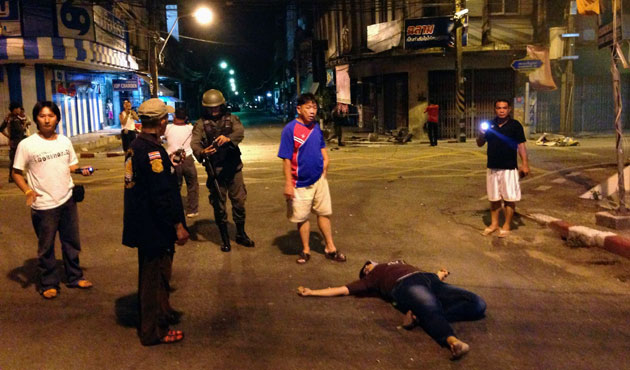

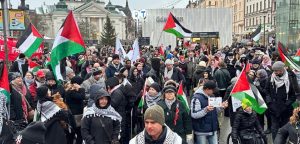
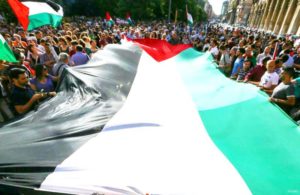
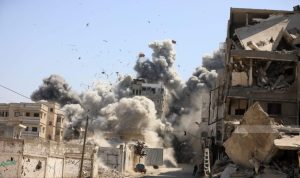

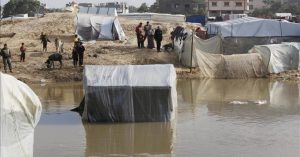
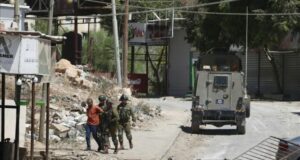
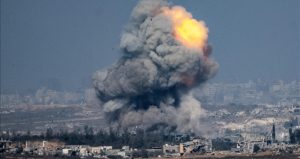

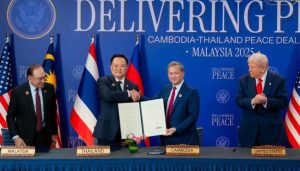
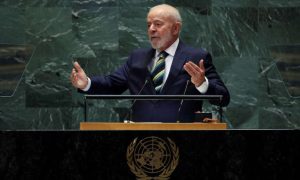
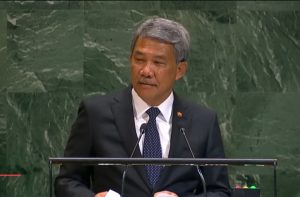
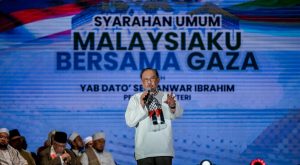
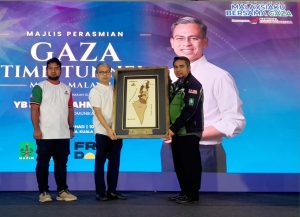






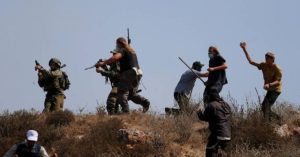







 Mina Indonesia
Mina Indonesia Mina Arabic
Mina Arabic